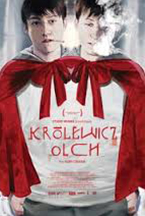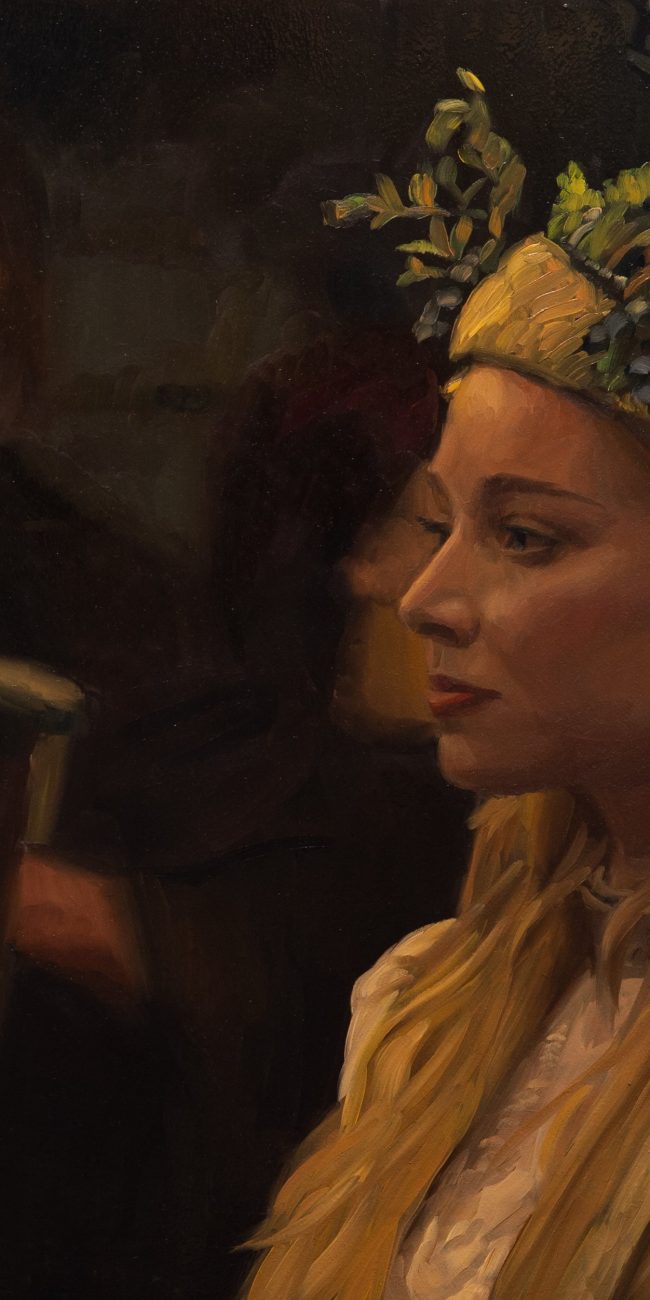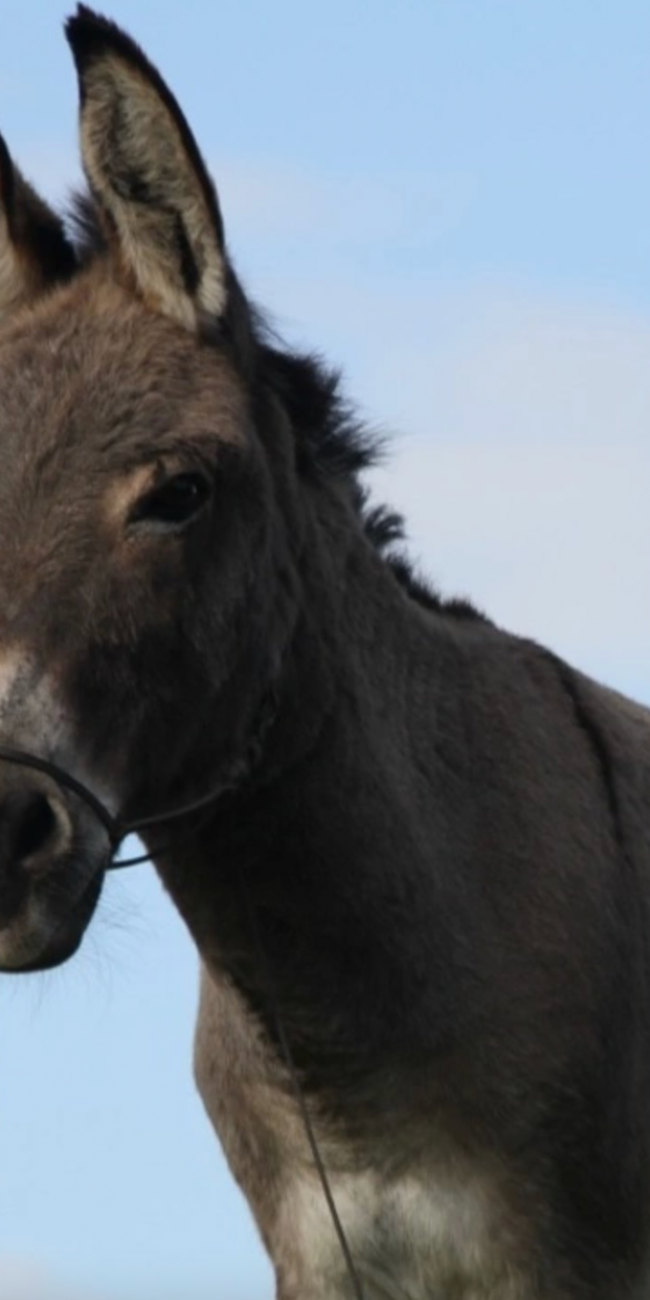THE ERLPRINCE

(The 2017 Slamdance Film Festival kicked off on January 20 and runs through January 26. The HtN staff is repping Slamdance hard with reviews like this, Kuba Czekaj’s trippy follow up to Baby Bump, The Erlprince.)
Writer-director Kuba Czekaj follows up Baby Bump (2015) with a spellbinding second feature that captures the creativity and intensity of the teenage mind by manipulating both sound and image. As the opening sequence of The Erlprince begins to fixate on the repetition of the dotted lines on a highway, we sense that the 14-year-old boy’s (Staszek Cywka) mind has become stuck in a rhythmic loop as certain words of dialogue mutate into the infectiously repetitious groove of a tripped out electronica song. All the while, the fluorescent glow of streetlights forms webbed flares on the camera’s lens, mimicking the mesmerizing effects of an acid trip. This is merely our entrance into the boy’s mind, a place we will remain for the film’s 100-minute runtime.
To convey how the boy experiences the world, Czekaj utilizes a hyperreal atmosphere that teeters on the precipice of a fantastical, science fiction universe. What some might call a Polish Donnie Darko, The Erlprince tells the story of teen on the cusp of adulthood who can see the infinitely complex inner workings of universe, which in turn informs a profound scientific theory about parallel worlds that few humans will be able to comprehend. We can sense that a whirlwind of teenage emotions has heightened – or altered – his senses. There are cracks in his reality through which light from other realities shines. A deep, monstrous voice speaks to him. Most importantly, he understands that the end of the world is nigh.
Being that the boy is clearly gifted, The Erlprince functions as a cinematic representation of emotional intensity. The boy obviously experiences the world differently than everyone around him. In his mind, things are more vivid, penetrating, and complex. Existence occurs at a heightened level, one that he cannot always handle. In dire need of stability and comfort, the boy’s tug of war relationship with his mother (Agnieszka Podsiadlik) has an utterly devastating impact on his fragile psyche. (Cywka and Podsiadlik do a tremendous job of selling the emotional poles of their love/hate relationship, effortlessly switching on a dime from loving affection to violent outbursts.) The cracks that he visualizes most likely represent the delicate nature of his persona which is being penetrated by outside forces he cannot control. He interprets these external pressures as the impending apocalypse, but it is really just the end of his childhood.
– Don Simpson (@thatdonsimpson)











